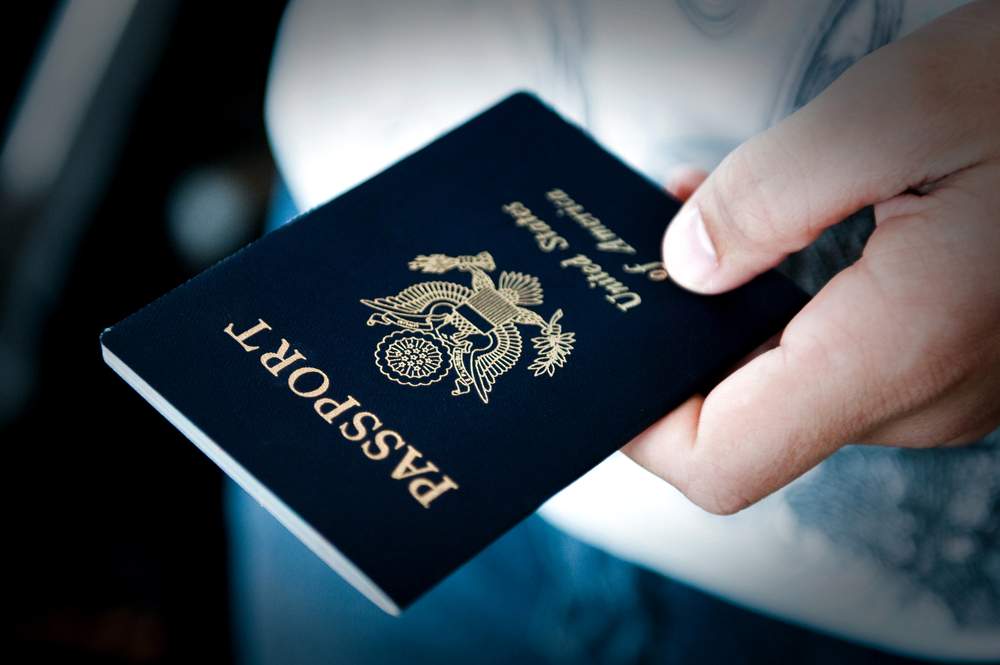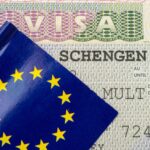Losing a passport, being detained, or facing a natural disaster overseas can turn an enjoyable trip into a crisis. This article explains what to do immediately, how to get help from official sources, and the steps that can reduce risk. The information is clear, reliable, and practical for every traveller.
Immediate steps if you lose your passport
-
Stay calm and ensure your safety. Move to a safe location such as your hotel, a police station, or another public place.
-
Report the loss to local police. Ask for a written report or reference number. You will need this for consular officers and for insurance claims.
-
Contact your country’s embassy or consulate. They can issue an emergency travel document or a temporary passport if required.
-
Cancel travel documents and payment cards if stolen. Contact your bank to block cards and notify your airline if you have an upcoming flight.
-
Keep document copies. A digital copy or photocopy of your passport, visa pages and itinerary makes replacement easier.
Emergency travel documents require proof of identity and may involve additional fees. Following the steps above ensures faster processing.
If you get in trouble overseas
-
Contact local authorities first. If you face immediate danger, call local emergency services.
-
Inform your embassy or consulate. Consular officers cannot interfere with local law, but they can provide lists of local lawyers, contact your family, and explain procedures.
-
Request legal help. If you are arrested, ask to speak with a lawyer and notify the consular office. Do not sign documents you do not understand.
-
Keep a record. Note names, times and details. Take photographs if safe. Documentation helps both legal representatives and consular staff.

What to do during a natural disaster
-
Follow local emergency instructions. Evacuate immediately when advised and follow public safety alerts.
-
Register with your government before you travel. This allows authorities to contact you during crises and provide instructions.
-
Carry an emergency kit. Essentials include water, basic medication, a flashlight, a portable phone charger, and printed emergency contacts.
-
Avoid misinformation. In a crisis, rely only on official announcements from authorities or emergency services.
Quick reference table
| Situation | First action | Official help to contact |
|---|---|---|
| Lost or stolen passport | Report to police, secure written report | Embassy or consulate for replacement documents |
| Arrest or legal trouble | Request a lawyer, avoid signing unknown documents | Embassy or consulate for lawyer lists and family notification |
| Severe illness or injury | Seek local medical assistance immediately | Embassy for medical evacuation or support |
| Natural disaster | Obey evacuation and safety orders | Government registration and consular updates |
Preparing before you travel
-
Register with your government. Registration helps in case of evacuation or crisis.
-
Carry both digital and printed copies of documents. Store them separately from originals.
-
Purchase travel insurance. Ensure it covers evacuation and repatriation.
-
Know local emergency numbers. Do not assume they are the same as in your home country.
-
Prepare communication options. Carry an offline list of emergency contacts and embassy details.
The safety and emergencies abroad 2025 guide underlines the importance of preparation, awareness and calm action. If your passport is lost, if you are in legal trouble, or if a natural disaster occurs, follow official guidance, stay calm, and contact consular services for support. With preparation and the right information, emergencies can be managed and resolved more quickly.







